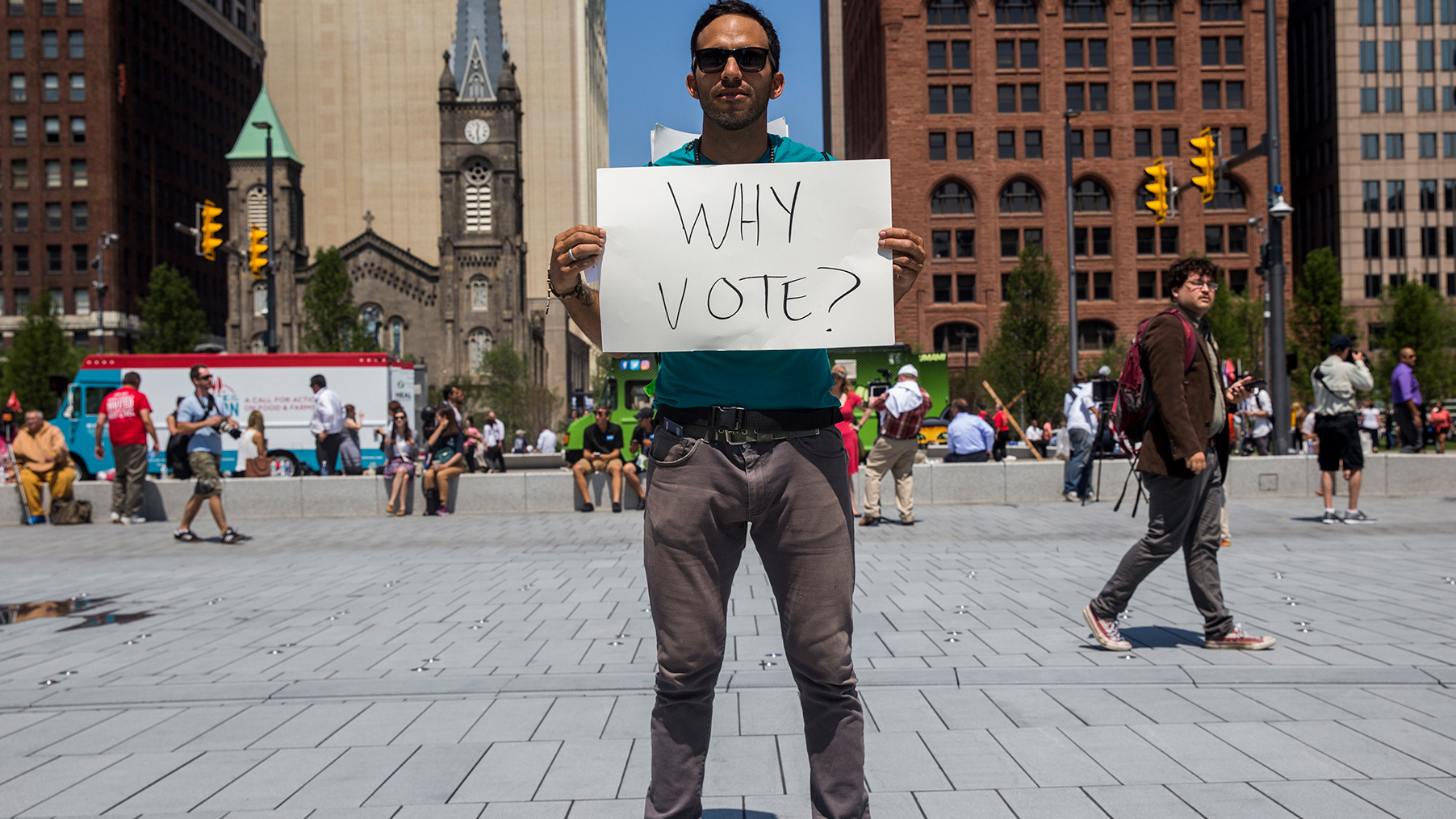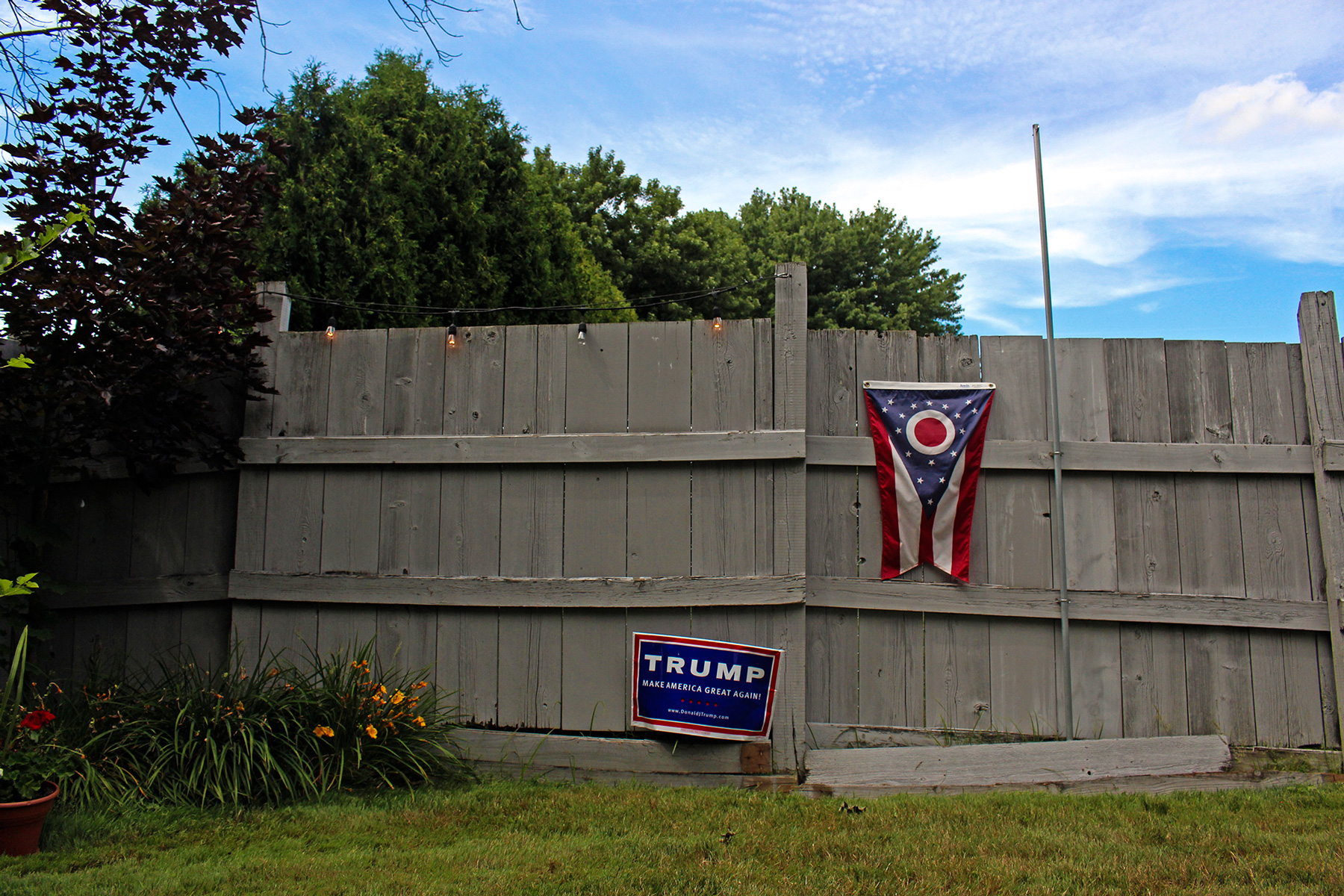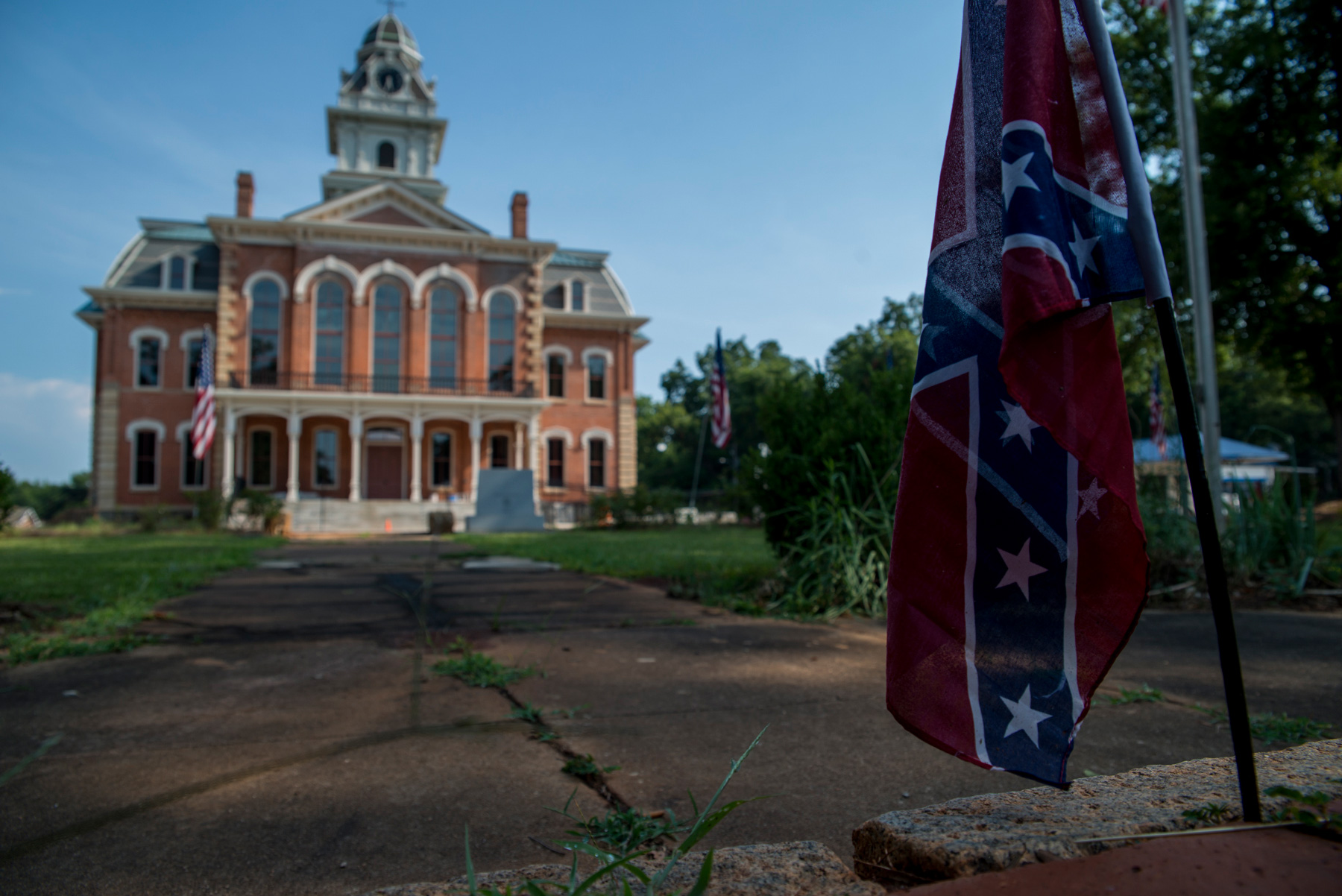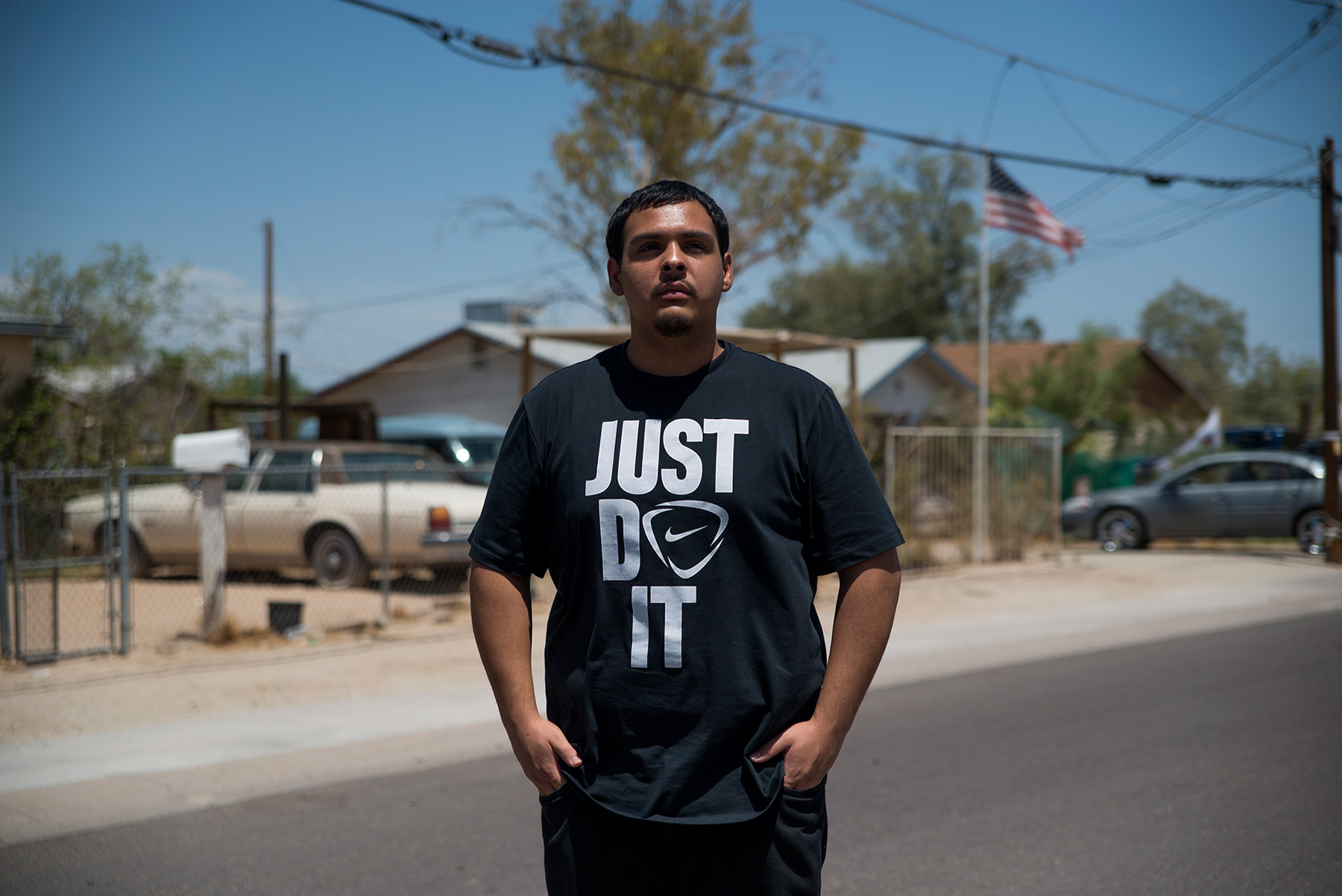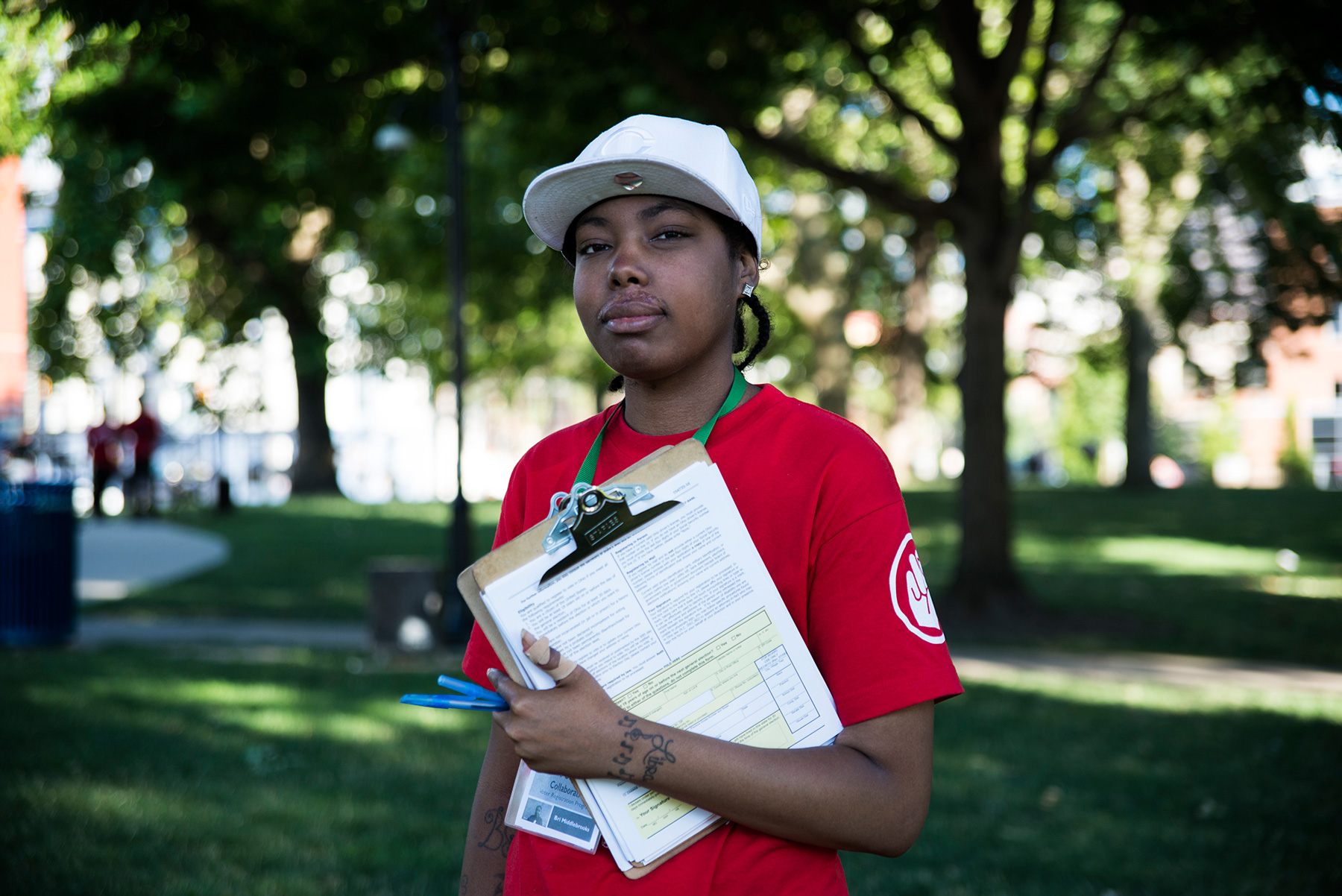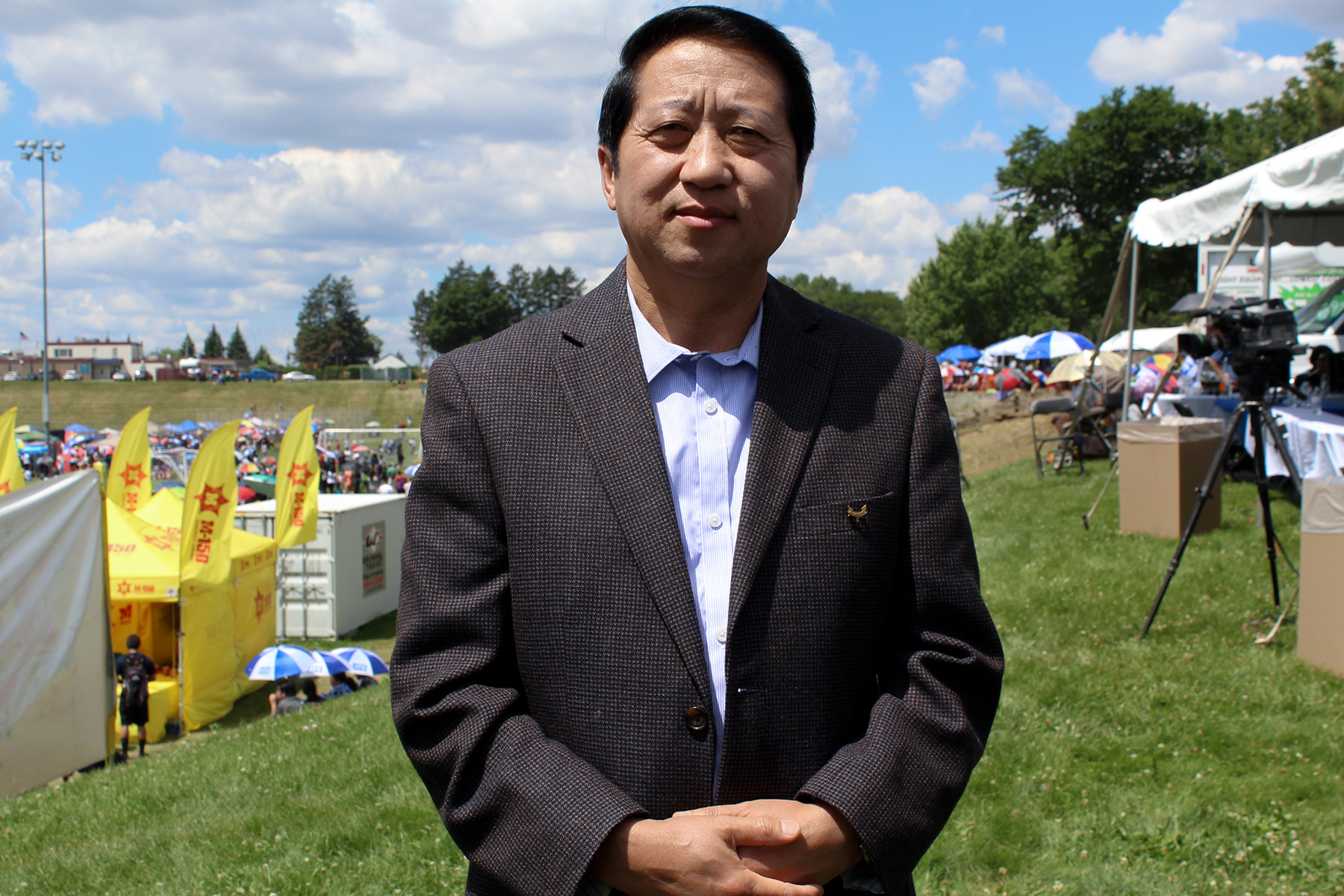Some states put new voting requirements in place only after the 2013 U.S. Supreme Court decision in the Shelby County v. Holder case negated the provision in the 1965 Voting Rights Act that required them to clear such changes in advance with the U.S. Justice Department. For example, Texas enacted one of the strictest photo ID laws in the country in 2011, only to have its implementation blocked by the federal government. But on the same day in 2013 on which the Shelby County decision was handed down, state officials announced that the ID law would finally be enforced. While it has since been ruled to be discriminatory four times by federal courts, it was kept in place while the state appealed those decisions.
“We think it’s perfectly reasonable when you need to show a photo to pick up your kids from school, sometimes to pick up your pet from the kennel, that it’s OK to show a photo to prove that you are the person who is voting,” Republican Texas Lt. Gov. Dan Patrick, a co-author of the voter ID law, told News21.
The plaintiffs in the Texas court case argued that the law amounts to a modern poll tax because many voters without photo ID are low-income people who, without driver’s licenses, faced trips of 90 minutes or more via public transportation to government offices to pay for and obtain the required forms of ID.
It wasn’t until July 2016 that another appellate ruling kicked the case back to a lower court to determine ways to make it easier for Texans without ID to vote, after the court found that more than 600,000 lacked the required ID. Then, for the November election, the plaintiffs and the state reached an agreement to allow people without ID to have their votes count if they sign a sworn statement.
On Aug. 1, a federal judge blocked a strict photo ID law in North Dakota from being enforced for the November election. The judge concluded that the state’s 2013 law, which only allowed four types of acceptable government-issued ID, would cause undue burdens for Native Americans, especially when “voter fraud in North Dakota has been virtually non-existent.”
After the Shelby County decision, North Carolina’s Republican-majority Legislature passed legislation that eliminated same-day registration, required a photo ID to vote and reduced the number of early voting days, eliminating one of the two Sundays for it. Early voting has been popular among African-Americans in the South, including the “souls to the polls” tradition of going to the polls together after church services on the Sundays leading up to Election Day.
The North Carolina law was struck down in July, when the 4th Circuit Court of Appeals concluded that its provisions “target African-Americans with almost surgical precision,” noting that they are “disproportionately Democratic.” Eliminating one of the Sundays for early voting “comes as close to a smoking gun as we are likely to see in modern times,” the appellate court said.
